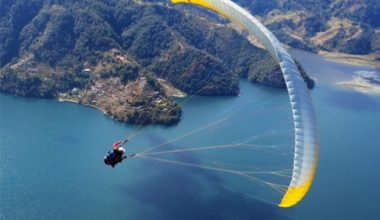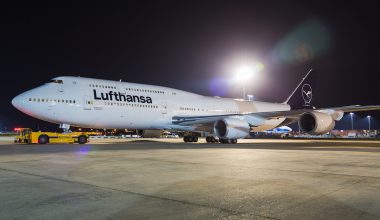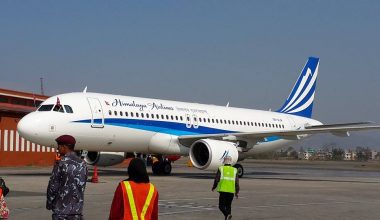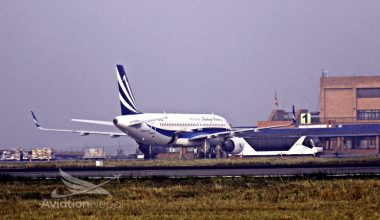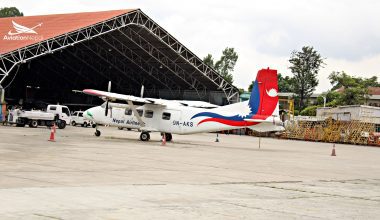-KATHMANDU
(High accident rate keeps Nepal on European blacklist)
The European Commission has said all Nepalese Airlines are still subjected to operating ban within the 28-nation bloc of the European Union and have been crushed in the regulator’s latest air safety assessment.
In its updated air safety list made public in Brussels, Belgium, on November 28, 2018, the EC placed Nepal among nations facing such ban, meaning entire Nepalese air carriers are prohibited from flying into the EU. “All air carriers certified by the authorities with responsibility for regulatory oversight of Nepal have been banned from operating within the EU,” the European Agency said in a statement.
The Asian state was subjected to a blanket ban five years ago.
Its air transport regulator, the Civil Aviation Authority of Nepal, had disclosed last year that it had been removed from an ICAO list of countries with significant safety concerns, following an audit.
When the national flag carrier, NAC aims to operate two wide-body aircraft to European destinations and the country also aims to attract over one million tourists annually. “The sheer negligence on part of the CAAN has contributed a lot to continuing with the ignominious safety list.”
But its efforts to convince the European Commission to lift restrictions have suffered a setback.
Formal documentation accompanying the Commission’s latest blacklist revision states that CAAN has made “some limited progress” regarding the implementation of international safety standards.
“However, the information provided is insufficient to conclude on the real safety situation in Nepal,” it adds.
The Commission document also points out that, since the beginning of this year, at least four civil aviation accidents have occurred in Nepal.
These include the most recent, involving a veered off Yeti Airlines British Aerospace Jetstream JS41 aircraft in Kathmandu Airport on 1 September.
While CAAN has requested an on-site assessment from the European air safety committee, this has been rejected as “premature” by the Commission.
“[This is] because the ratio of accidents in Nepal continues to be unacceptably high,” it states.
“Nepal should first aim at reducing the number of accidents and to provide satisfactory evidence in that regard for a minimum period of two years.” said an official.
It has not made any revision to the blacklisting of Nepalese carriers. The Commission says the country’s regulator should concentrate on implementing recommendations from investigation reports, produce analyses of root causes, and take measures to address them.

